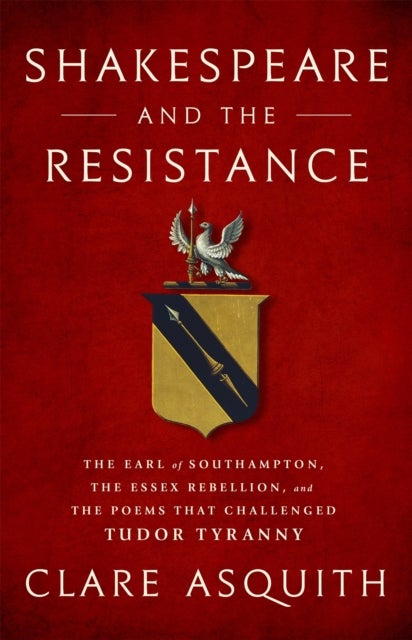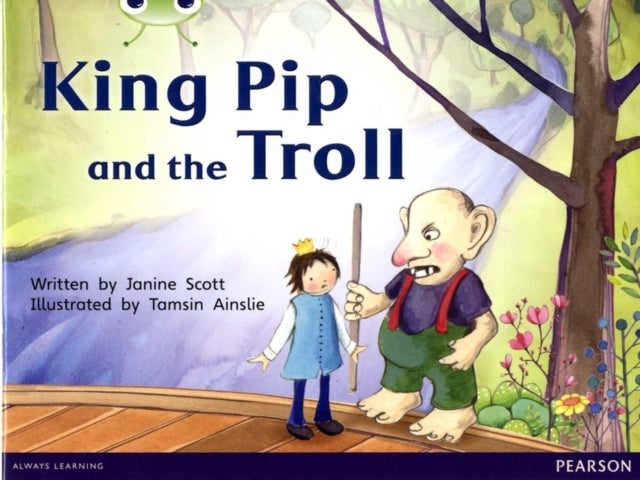
Shakespeare and the Resistance av Clare Asquith
263,-
<b>Shakespeare''s largely misunderstood narrative poems contain within them an explosive commentary on the political storms convulsing his country</b><br><br> The 1590s were bleak years for England. The queen was old, the succession unclear, and the treasury empty after decades of war. Amid the rising tension, William Shakespeare published a pair of poems dedicated to the young Earl of Southampton: <i>Venus and Adonis</i> in 1593 and <i>The Rape of Lucrece </i>a year later. <br><br> Although wildly popular during Shakespeare''s lifetime, to modern readers both works are almost impenetrable. But in her enthralling new book, the Shakespearean scholar Clare Asquith reveals their hidden contents: two politically charged allegories of Tudor tyranny that justified-and even urged-direct action against an unpopular regime. The poems were Shakespeare''s bestselling works in his lifetime, evidence that they spoke clearly to England''s wounded populace and disaffected nobility, and especially to








